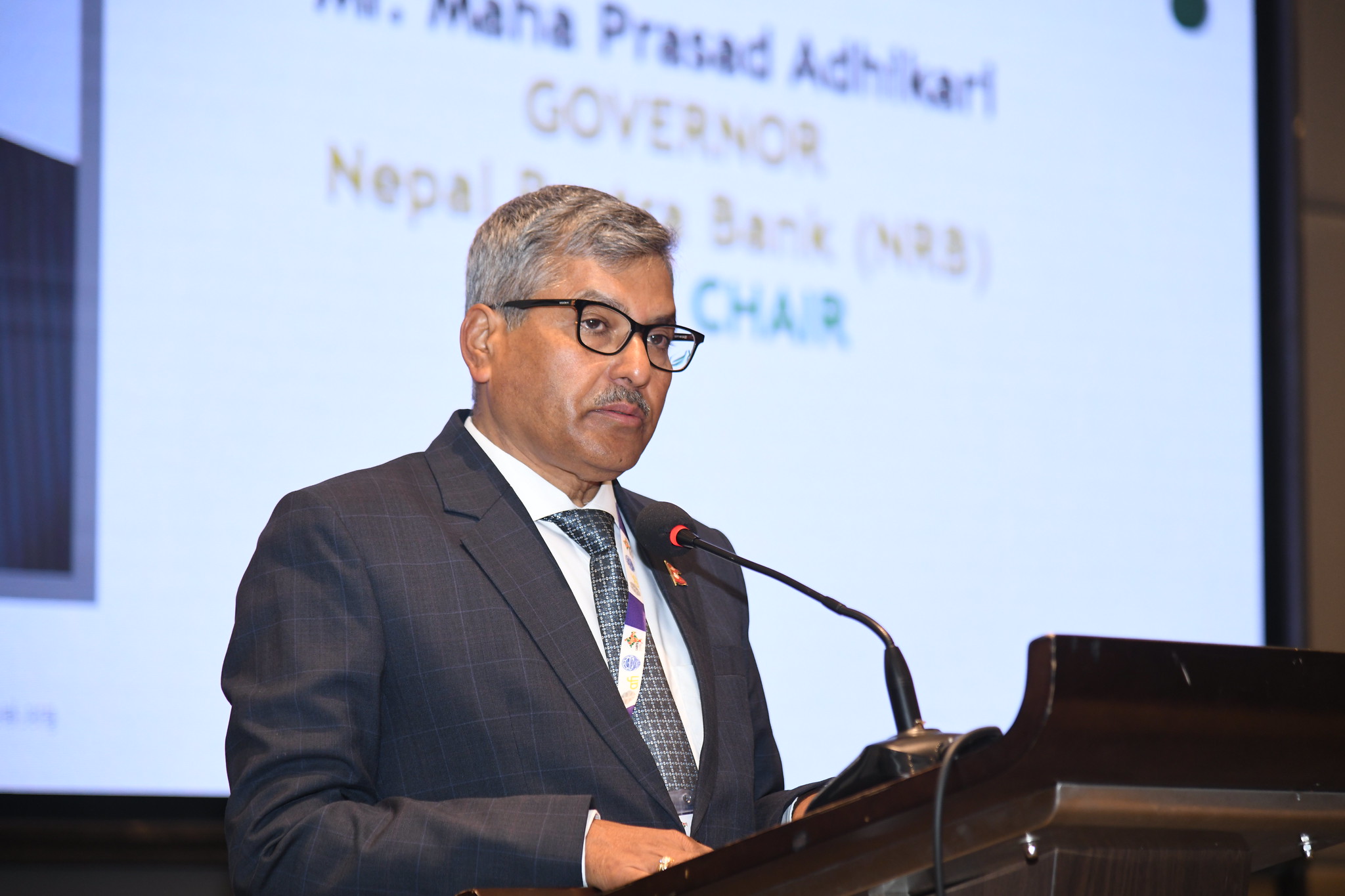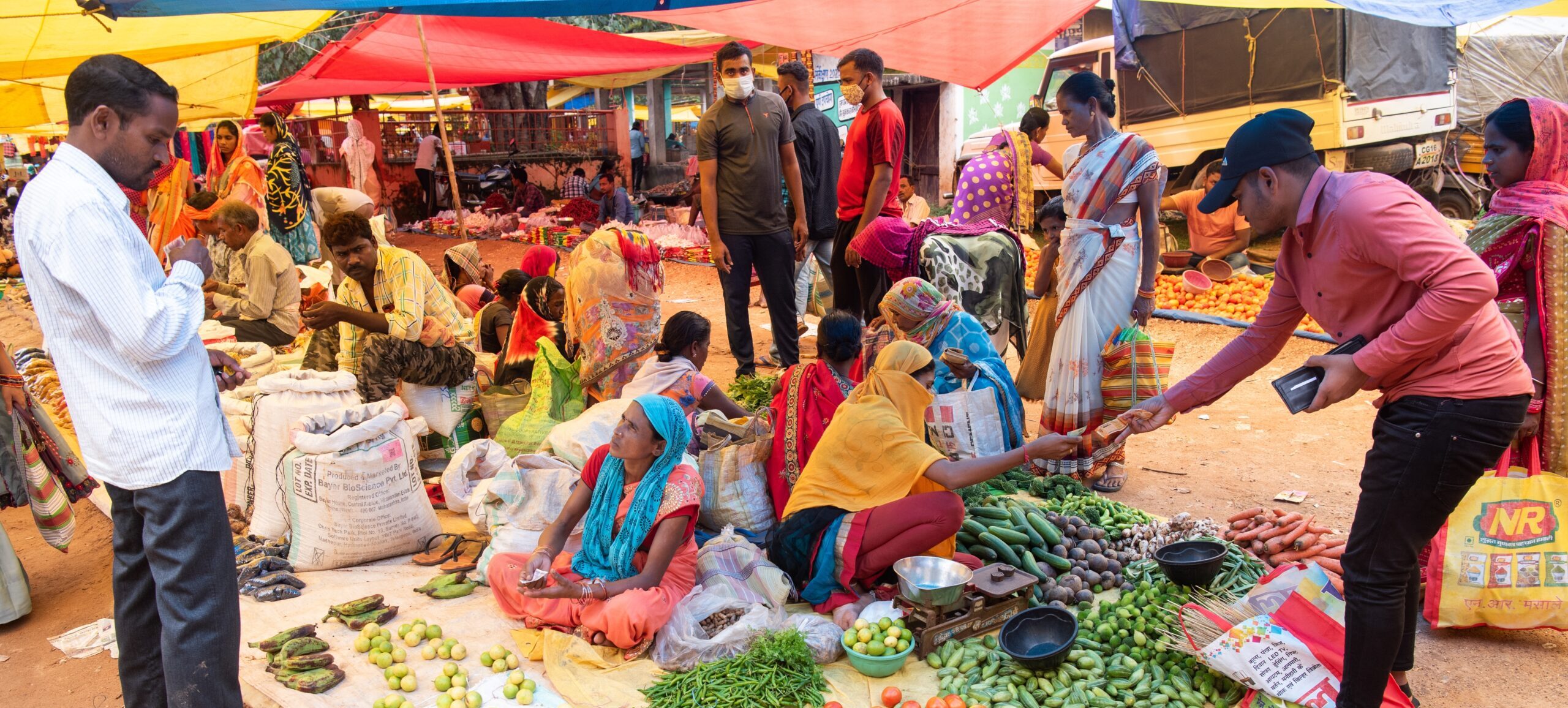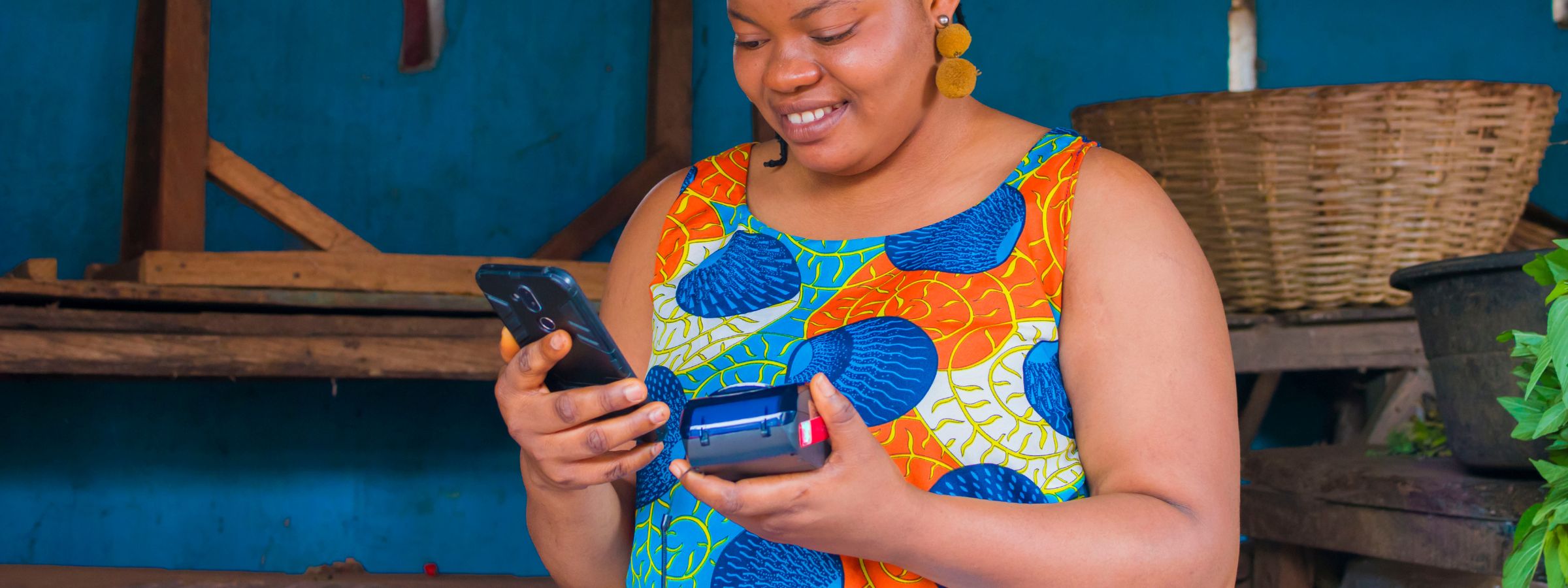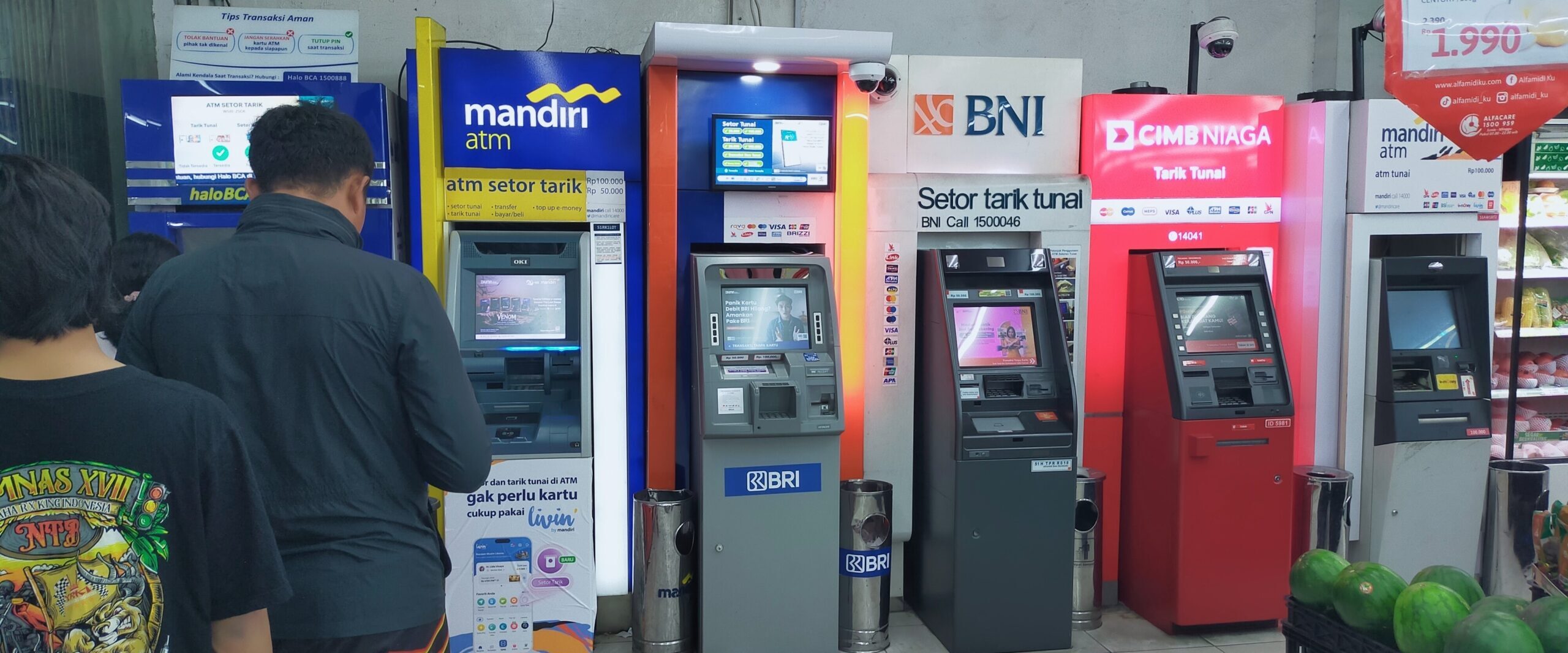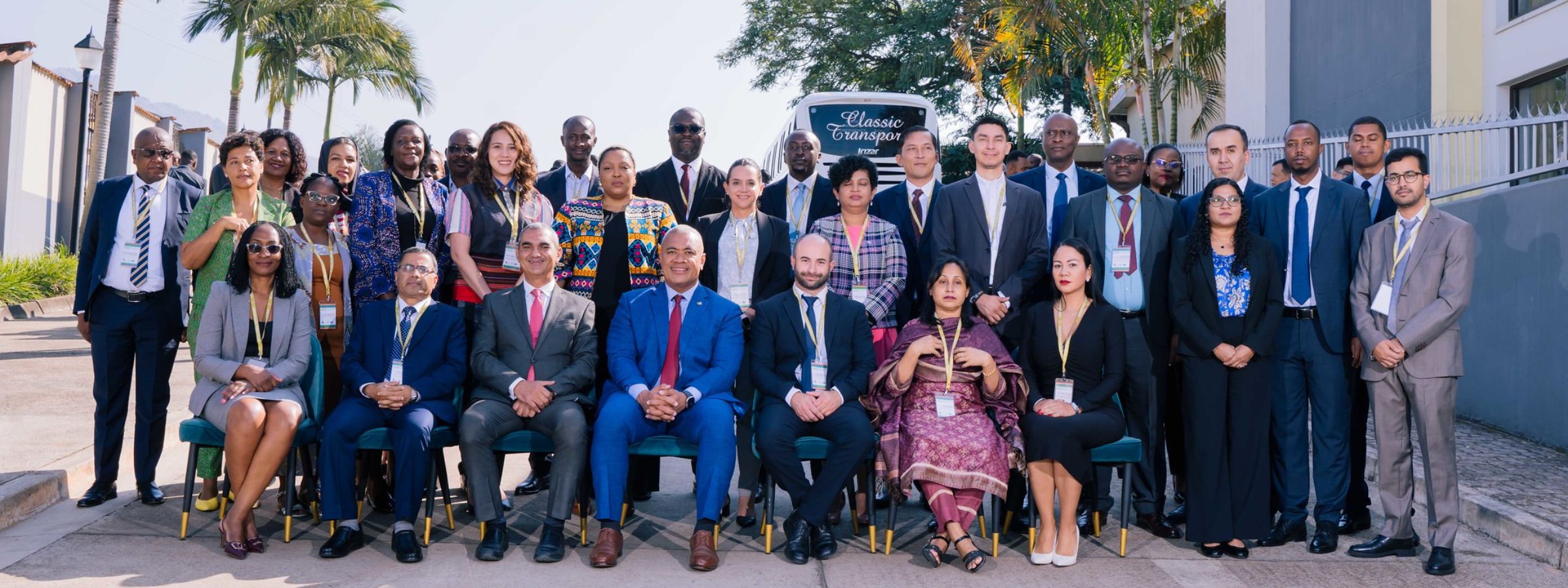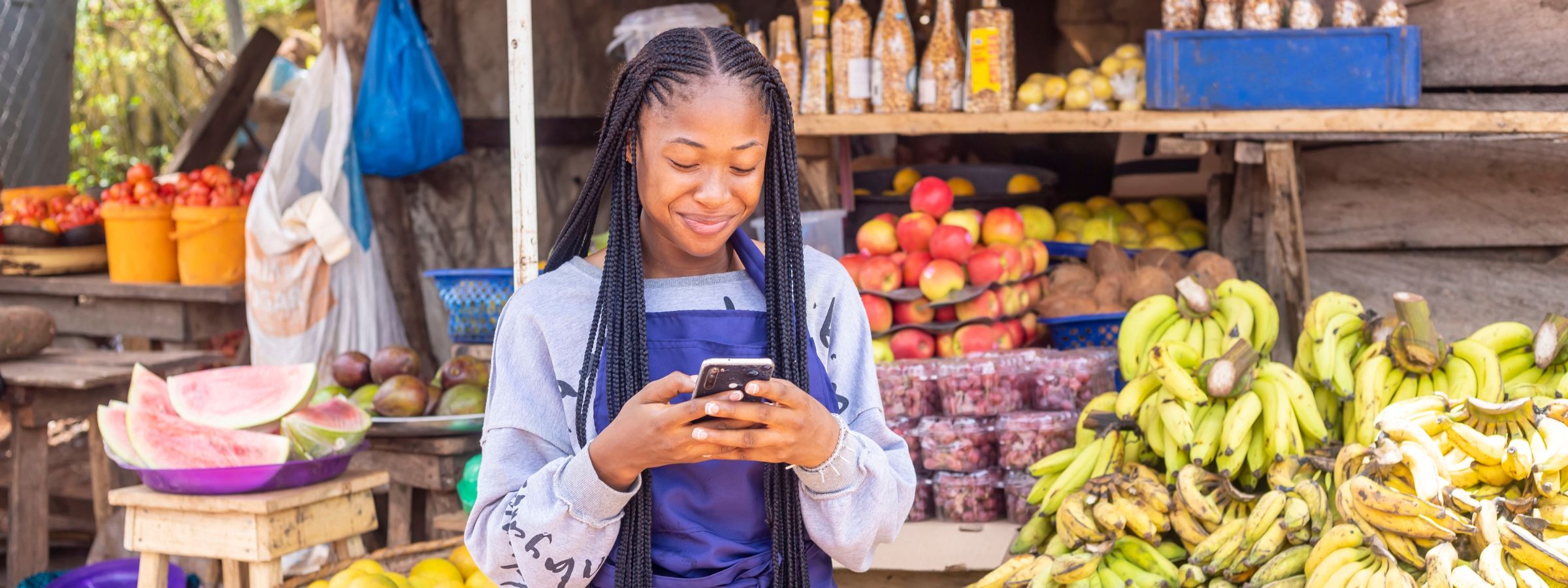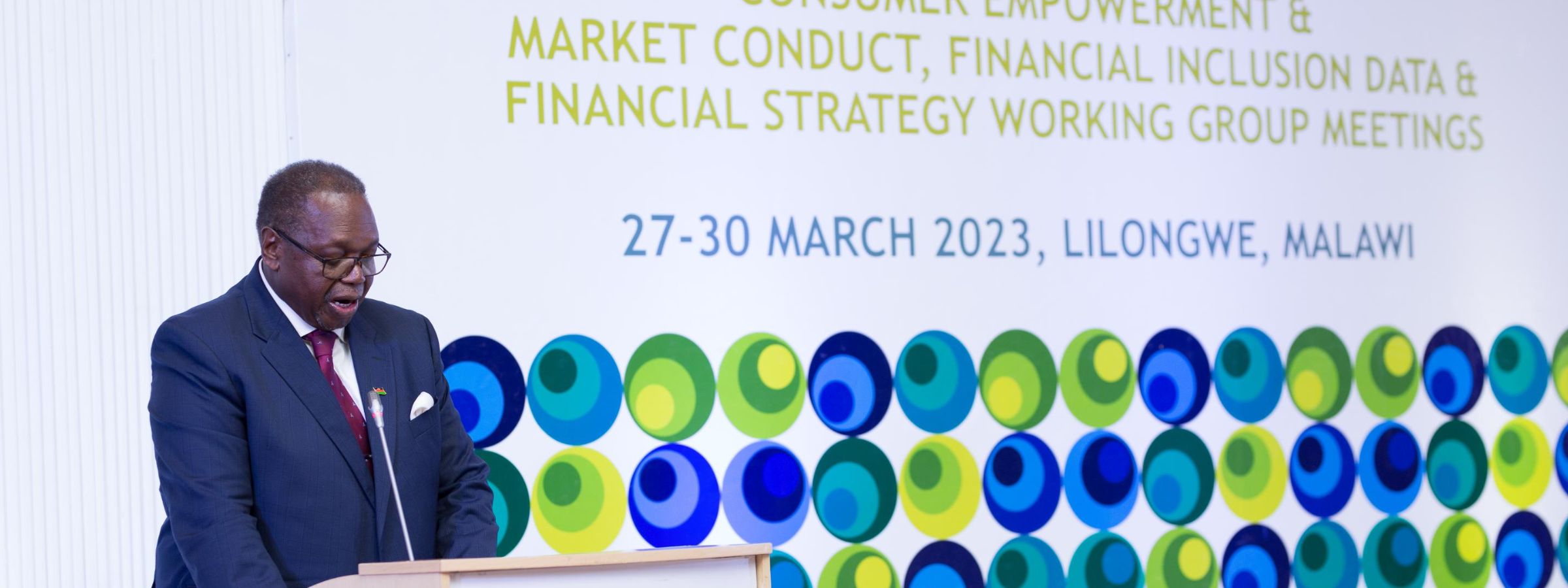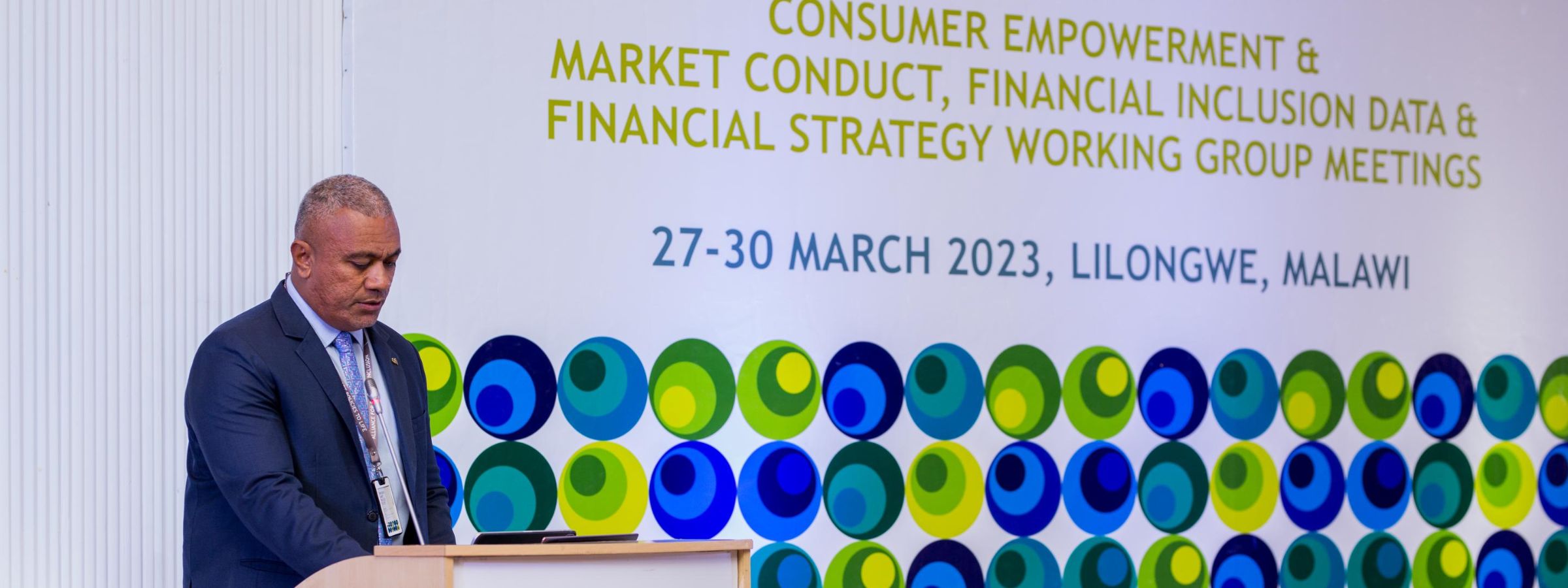Financial inclusion strategies (FIS) are comprehensive public documents that systematically accelerate a country’s level of financial inclusion. Typically, national financial inclusion strategies (NFIS) include analysis on a country’s current financial inclusion status and constraints, measurable goals, how and when that country proposes to reach these goals, and how the progress and achievements of the NFIS will be assessed.
AFI’s Financial Inclusion Strategy Peer Learning Group (FISPLG)
Policymakers in the AFI network have reached a consensus that National Financial Inclusion Strategies (NFIS) are essential in coordinating financial inclusion policies and ensuring they are based on sound data and the impacts are robustly monitored. AFI’s Financial Inclusion Strategy (FIS) Peer Learning Group promotes the development, implementation and monitoring and evaluation of national financial inclusion strategies.
0
Member
Institutions
Institutions
0
Countries
0
Policy changes
0
Knowledge products
Chairs & Focal points
Objectives
Member Institutions
Subgroups & Planned Activities
Maya Declarations
FISPLG & Gender
FISPLG News & Publications









